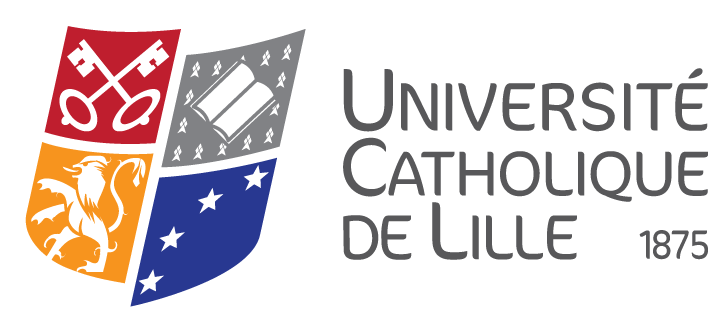Assessing Whitehead's "Biological Turn"
Résumé
Whitehead's project comes out as a cosmology from the writings that were published until recently, before the availability of the course notes at Harvard. It also comes out as a meditation on cosmic solidarity, beyond the breakdown of syntheses around their submission to “perpetual perishing.” Whitehead always maintained that his philosophy was a “philosophy of organism.” The ethical aspects and the connections that are possible between Whitehead's philosophy and an environmental issues context, with the science of ecology being the best symbol of a science once referred to as “postmodern”, are sent to the background when one understands how Whitehead's system is centered around satisfaction, and how this involves every entity finding its right balance in a universe of divine satisfaction. I rely on these to question and even challenge the idea that, at least in the lectures of HL1, Whitehead would have undergone a "biological" turn. Crucial to this is the very notion of an organism. I reread D. Sölch’s essay chapter from Whitehead at Harvard 1924-25, built on the references to HL1, in order to attempt to show that, for all his speaking of a “biological” age, and his relations to Henderson or Haldane, Whitehead never had a biological turn, in particular due to the cosmological orientation of his effort.
